When I use AudioKit's AKMicrophoneTracker on a physical device, the the frequency and amplitude are always both 0. But in the playground and in the iOS simulator, it works perfectly.
Here's a rough example:
class AppDelegate: UIResponder, UIApplicationDelegate {
let tracker = AKMicrophoneTracker()
func application(_ application: UIApplication,
didFinishLaunchingWithOptions launchOptions: [UIApplicationLaunchOptionsKey: Any]?) -> Bool {
// start the tracker and show frequency information
tracker.start()
Timer.scheduledTimer(withTimeInterval: 0.1, repeats: true, block: { _ in
print(tracker.frequency)
print(tracker.amplitude)
})
}
}
I've reset my physical device's privacy permissions, and iOS is correctly prompting me to allow microphone access. It still doesn't work even though I'm allowing microphone access.
How can I get AKMicrophoneTracker to actually read these values?
I'm using AudioKit 4.0.3. It works as expected when using:
- the AudioKit playground on my Mac
- a simulator iPhone 7 Plus running iOS 11.1
It does not work when using:
- A physical iPhone 7 Plus running iOS 11.1.1 (and also occurs on iOS 11.1)
I originally posted this as a bug on AudioKit's GitHub issue tracker. However, Aure (the project maintainer) encouraged me to post here instead.
